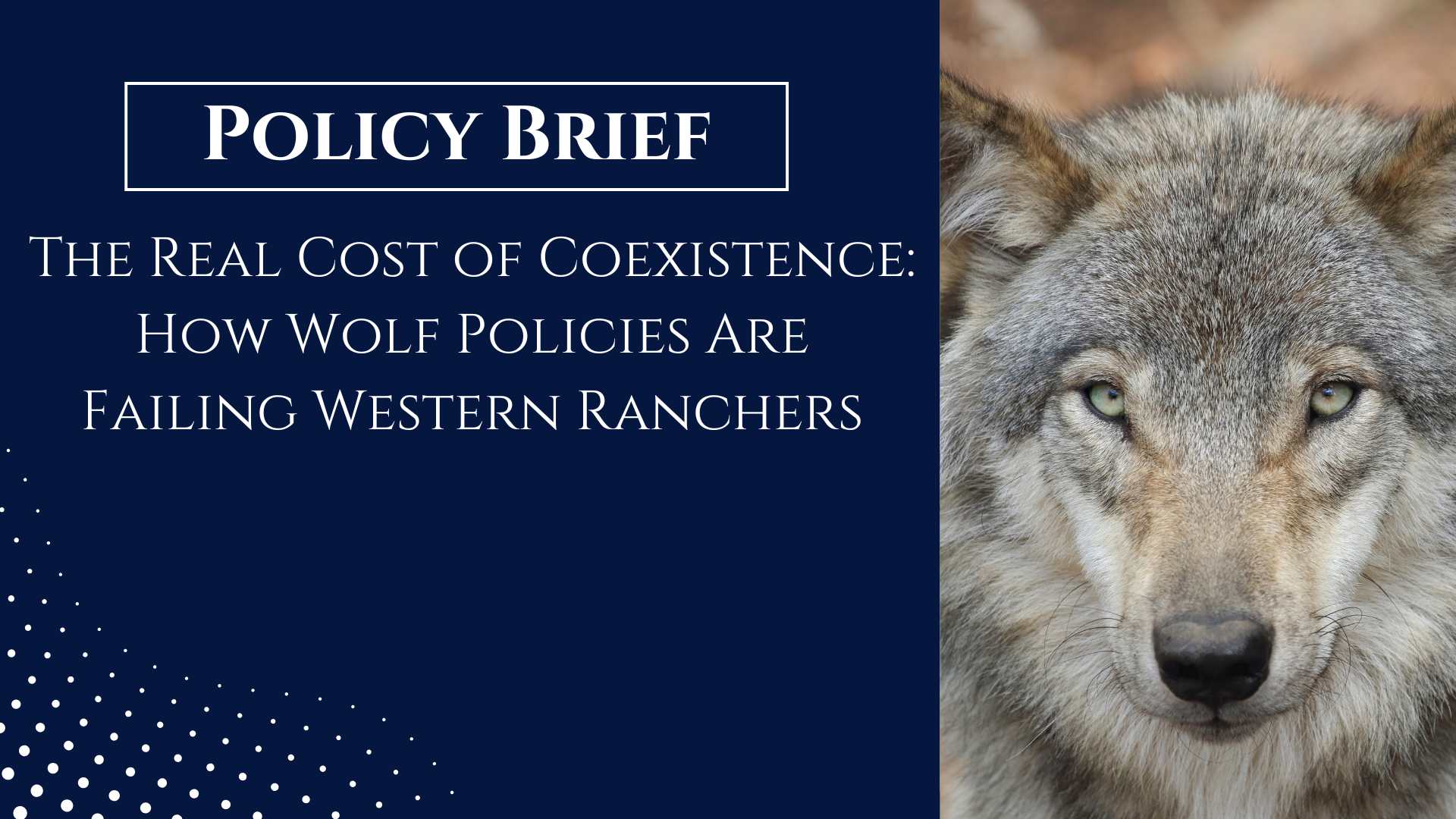When the Washington State Building Code Council adopted their new rules that essentially ban natural gas hookups to new homes, they were required to analyze the cost of those rules. Instead, they said they'd done enough already and adopted the rule anyway.
We last wrote about the State Building Code Council (SBCC) in January before the SBCC was set to hear our petition to repeal amendments to the 2021 State Energy Code over noncompliance with the Regulatory Fairness Act (RFA).
During the SBCCs January 19, 2024, regular meeting they heard our petition and voted in favor of denying the petition (a copy of their denial is attached below, note that while their denial is dated January 19, 2024, we received it via email on February 6, 2024). While the SBCC discussed their obligation to accept or deny the petition and the ramifications of repeal, they did not fully address the substance of our petition.
At no point did a single councilmember ask Assistant Attorney General Dierk Meierbachtol, who advises the SBCC on legal matters, one simple question: Do the Small Business Economic Impact Statements (SBEIS) provided to the public and councilmembers meet the full requirements of the RFA?
Instead, the SBCC claimed that the SBEIS were submitted, and “additional” cost-benefit analyses are available on their website and therefore they meet the requirements of the law.
A simple review of the SBEIS, RFA, and supporting documentation from the Governor’s Office For Regulatory Innovation & Assistance (ORIA) make it abundantly clear that the SBEIS do not have all the content required by the law.
Secondly, the “additional” cost-benefit analyses the SBCC referenced are not additional at all, but are required by the Administrative Procedure Act (APA). They do not, in any way fulfill the SBCCs obligations under the RFA.
There are a few options after an agency denies a petition. The first option is to petition the Joint Administrative Rules Review Committee (JARRC) to review the rule in question. However, JARRC does not accept review requests during the legislative session or 30 days before or after. During that time one can seek out legislators to support legislation to address the rule. We attempted that route, but due to the timing of our appeals process the deadlines for new legislation passed by the time we received the denial from the SBCC.
The second option, which we have pursued, is to appeal the denial to the Governor. On March 5, 2024, we set our notice of appeal to the Governor.You can read it here: ![]() SBCC Appeal.
SBCC Appeal.
While the cleanest resolution to the SBCCs noncompliance would be a full repeal of the codes and restart the process anew, we recognize the immense pressure to avoid any further delays in the implantation of the energy code. So, we proposed an alternative solution whereby the SBCC will perform a new SBEIS and if it shows disproportionate costs for small businesses then they will start new rulemaking to mitigate those costs. The full recommendations of our proposal are outlined in a copy of our appeal below. The Governor is required by law to respond to the appeal within 45 days.
We will provide an update when more information is available.



